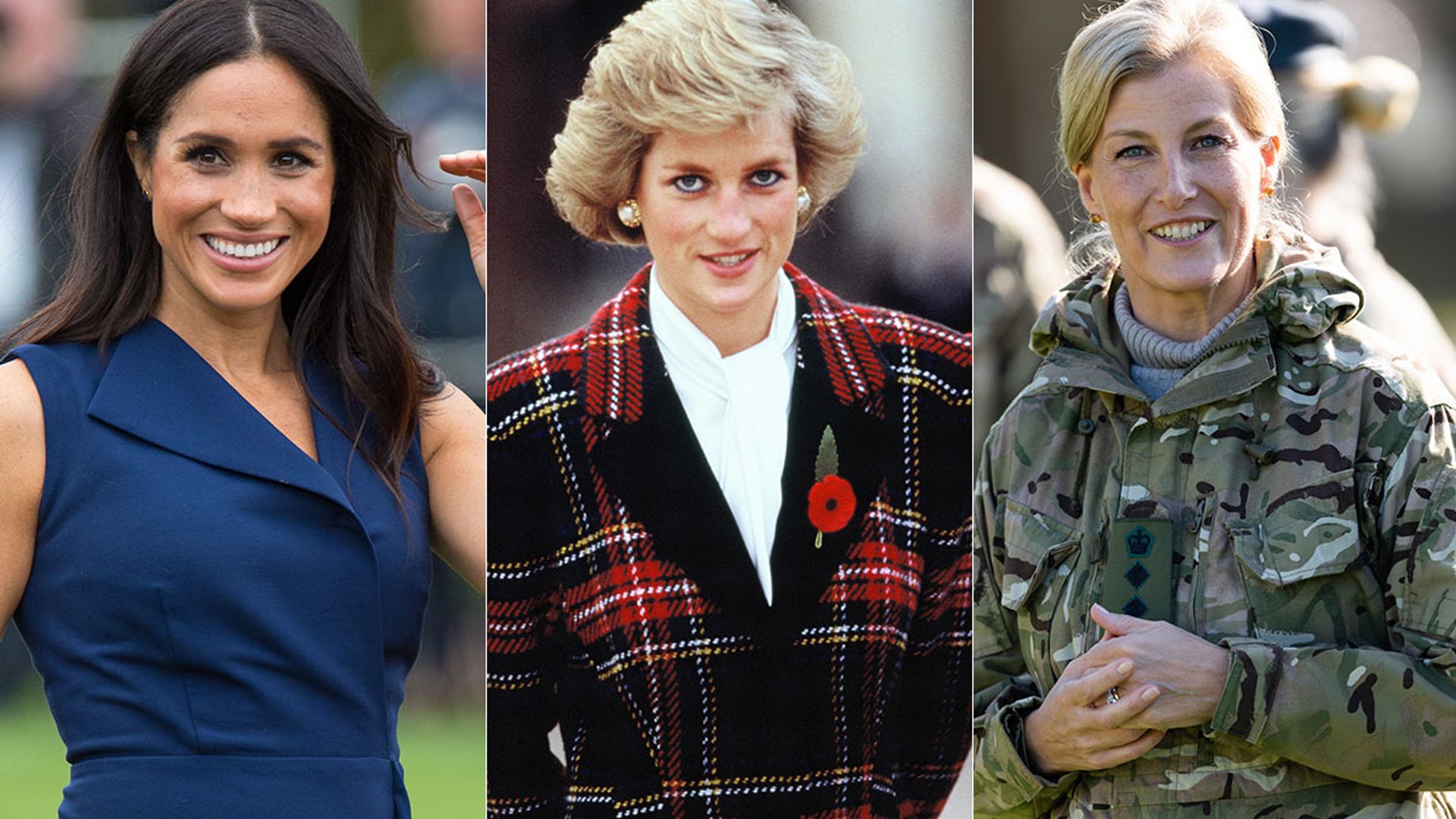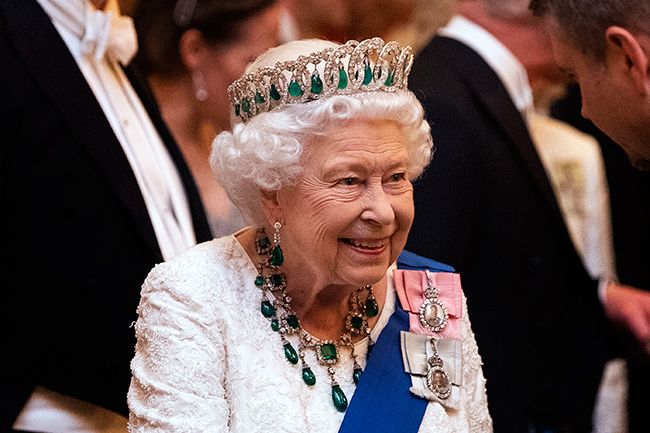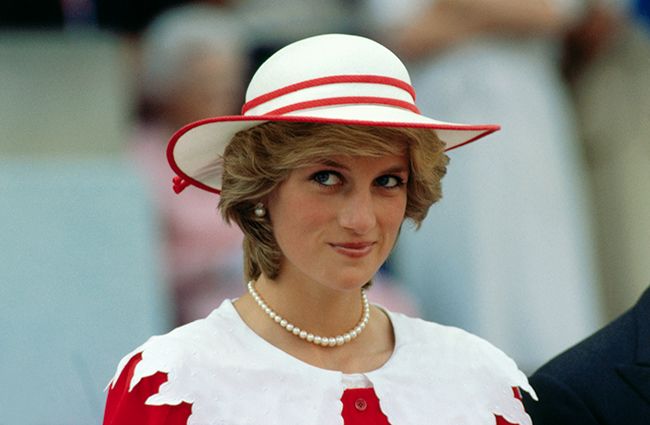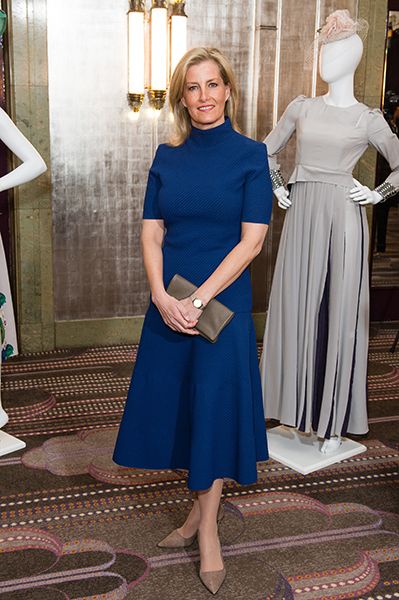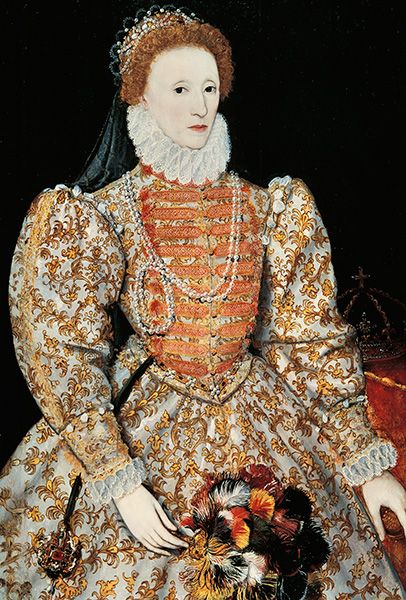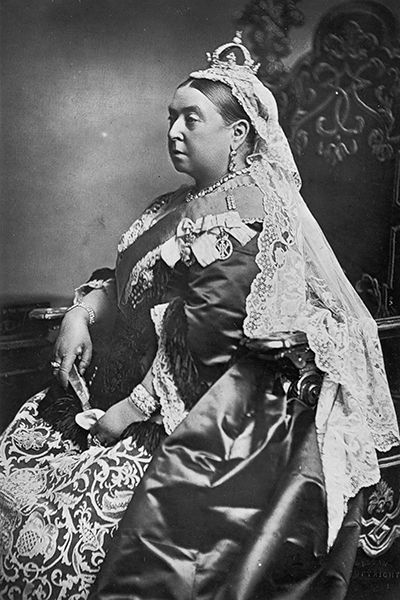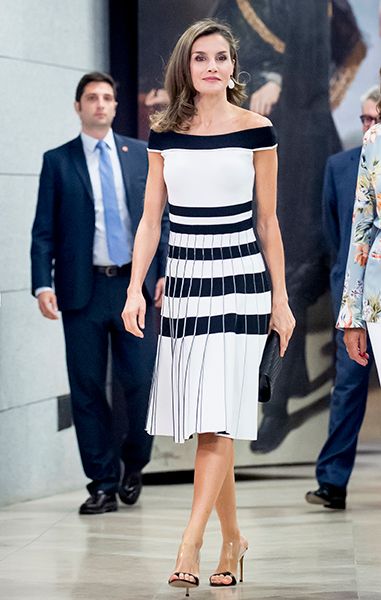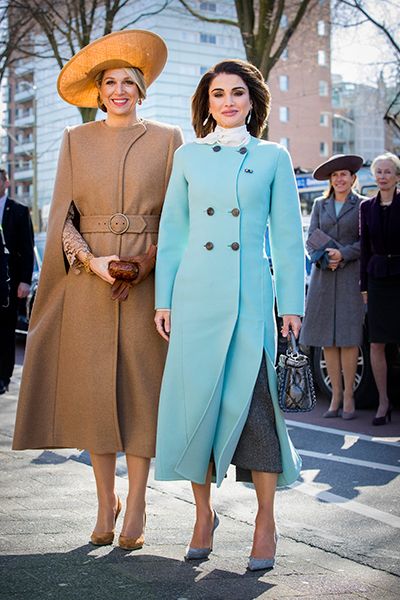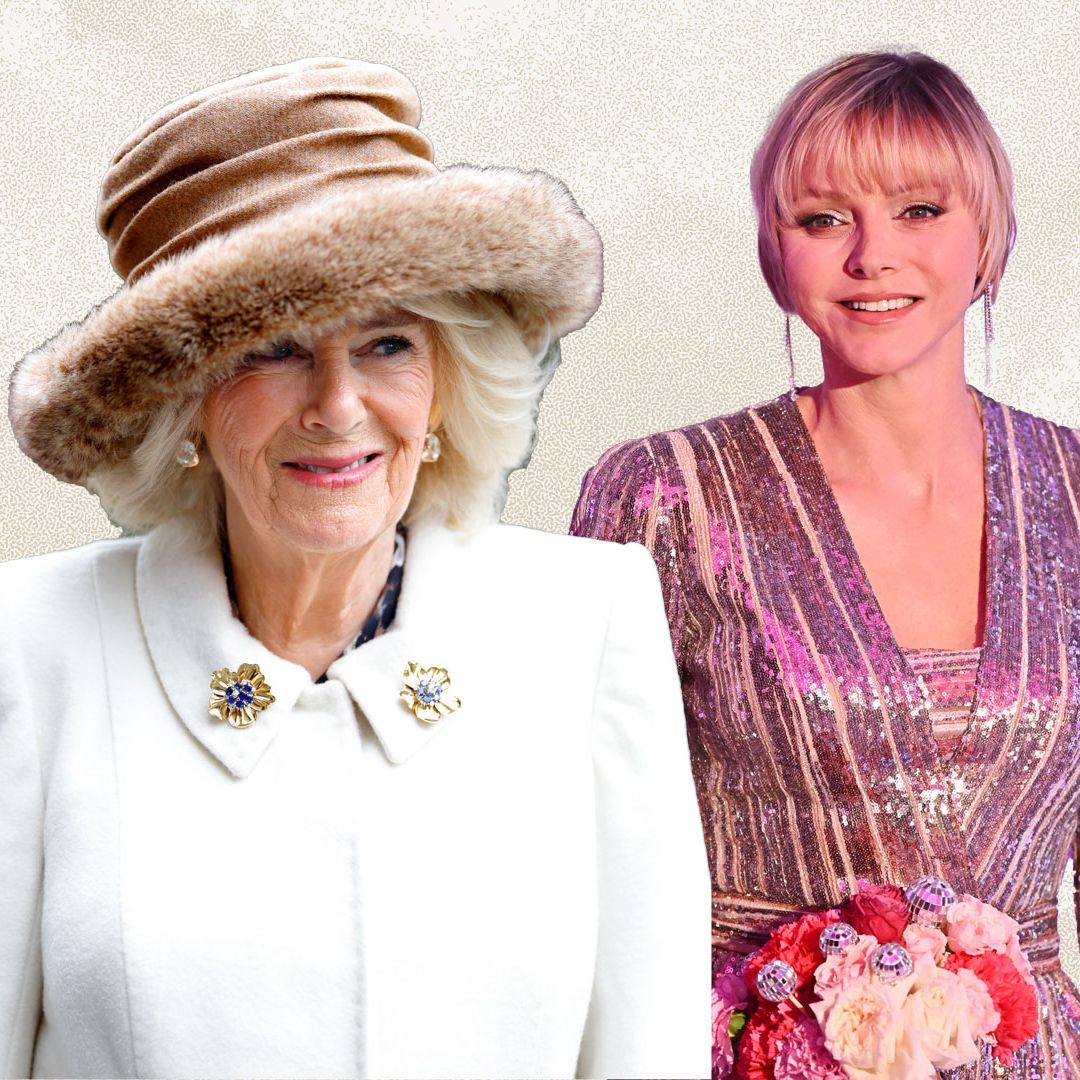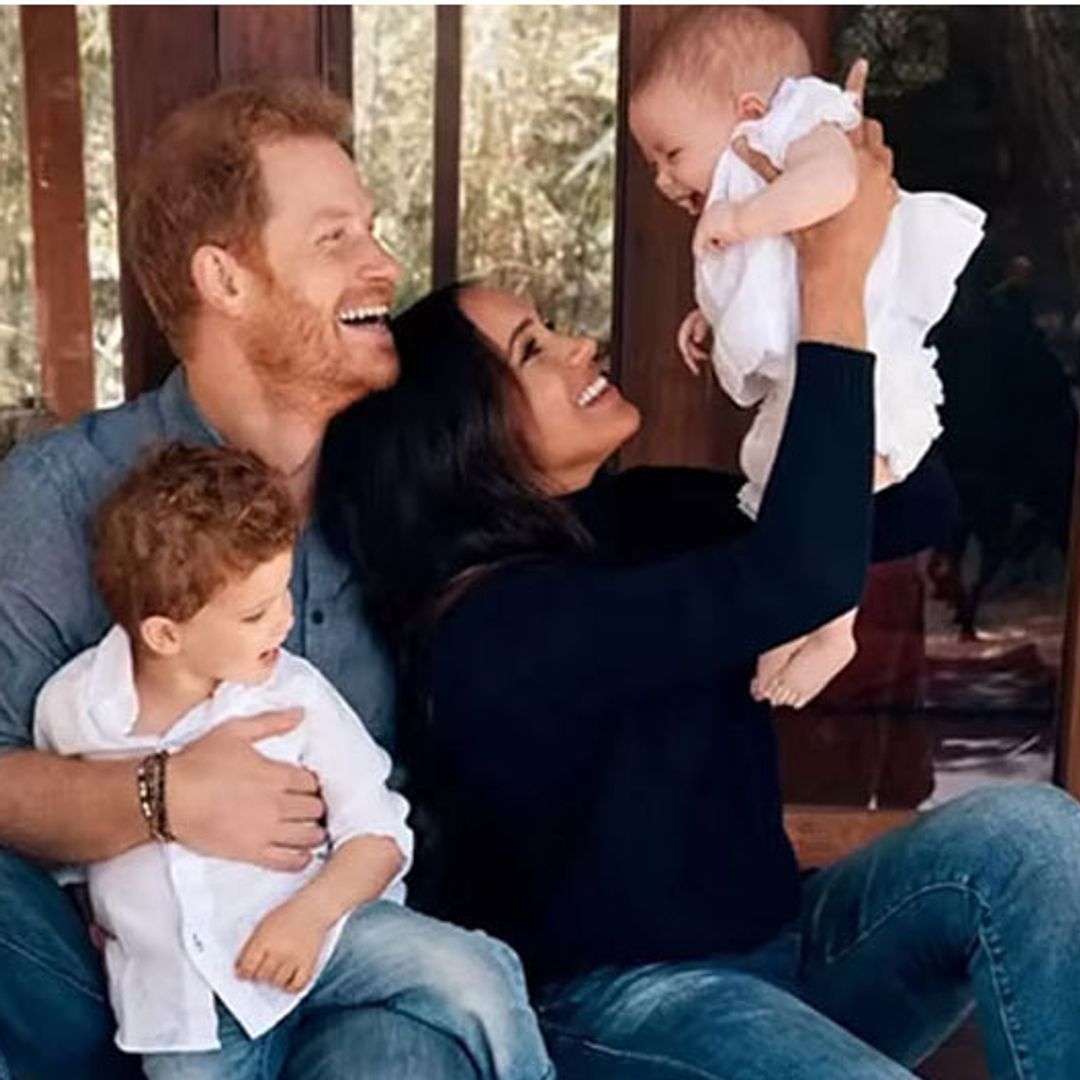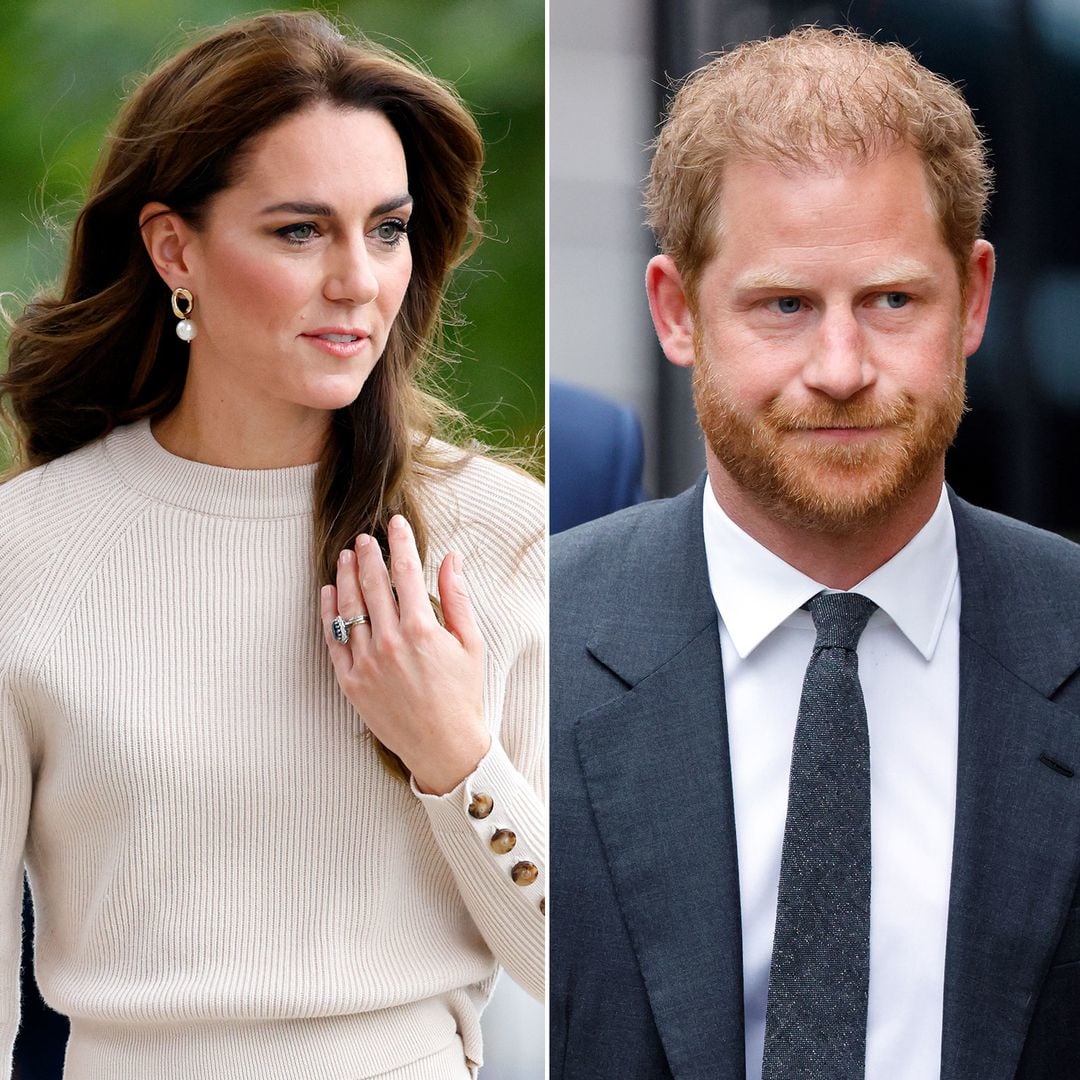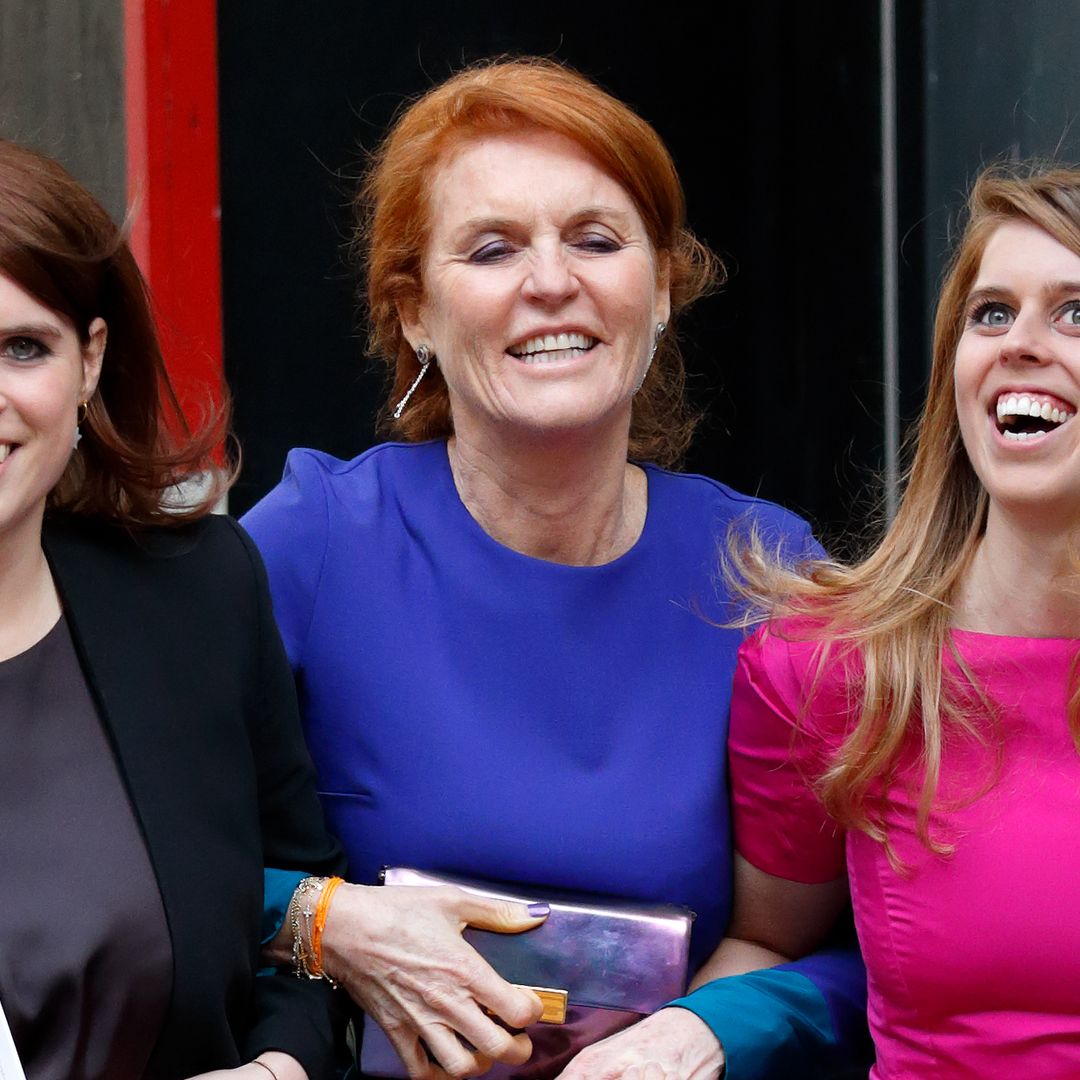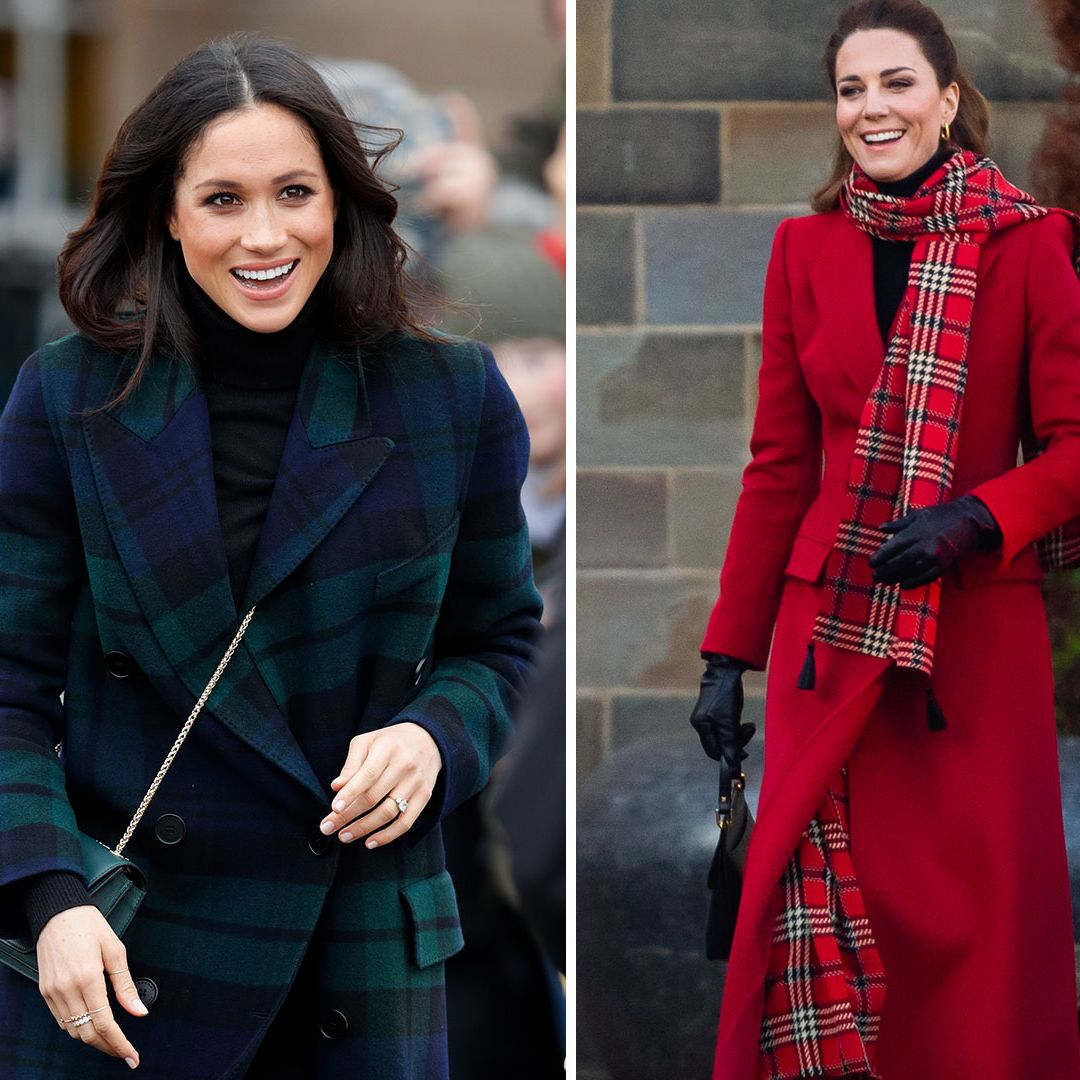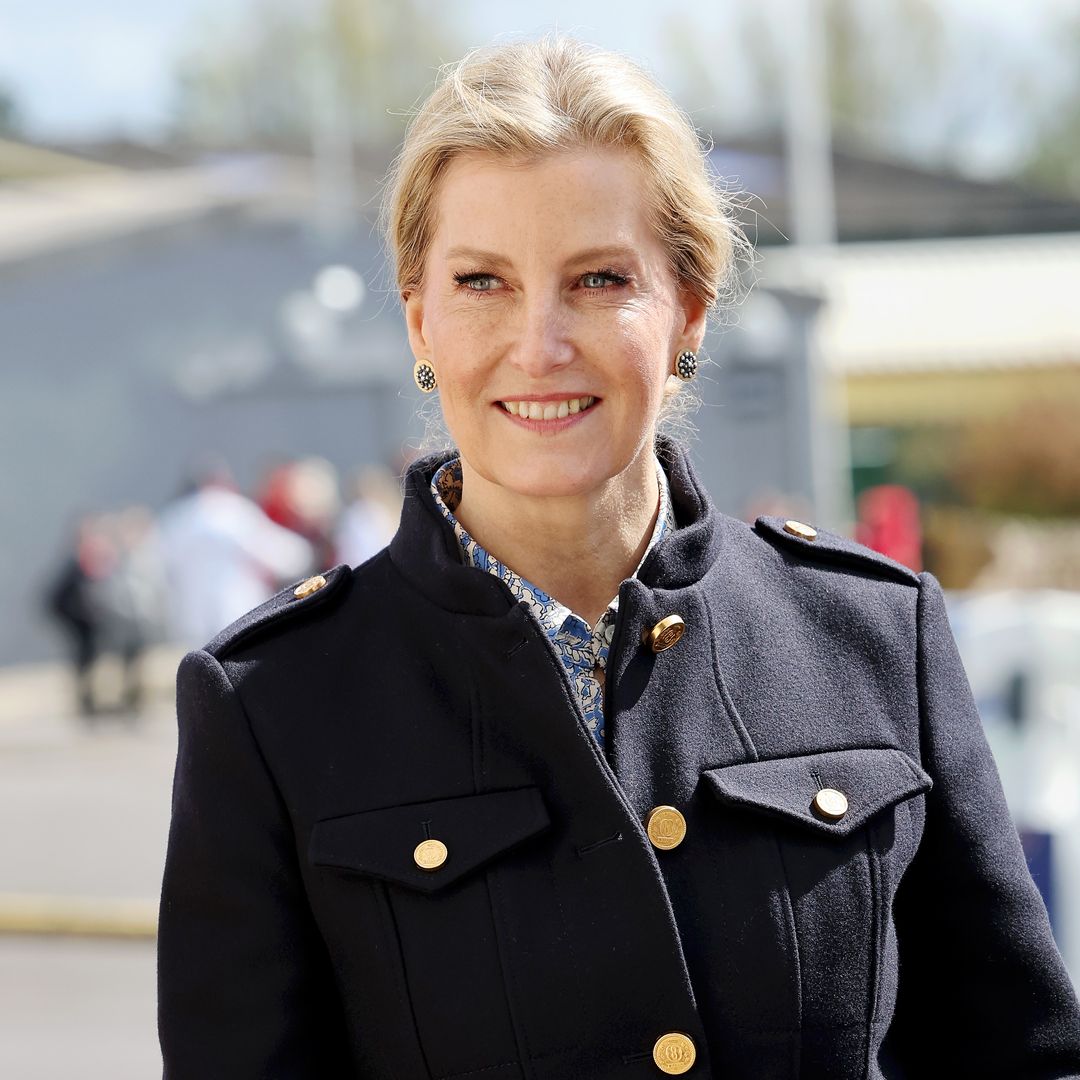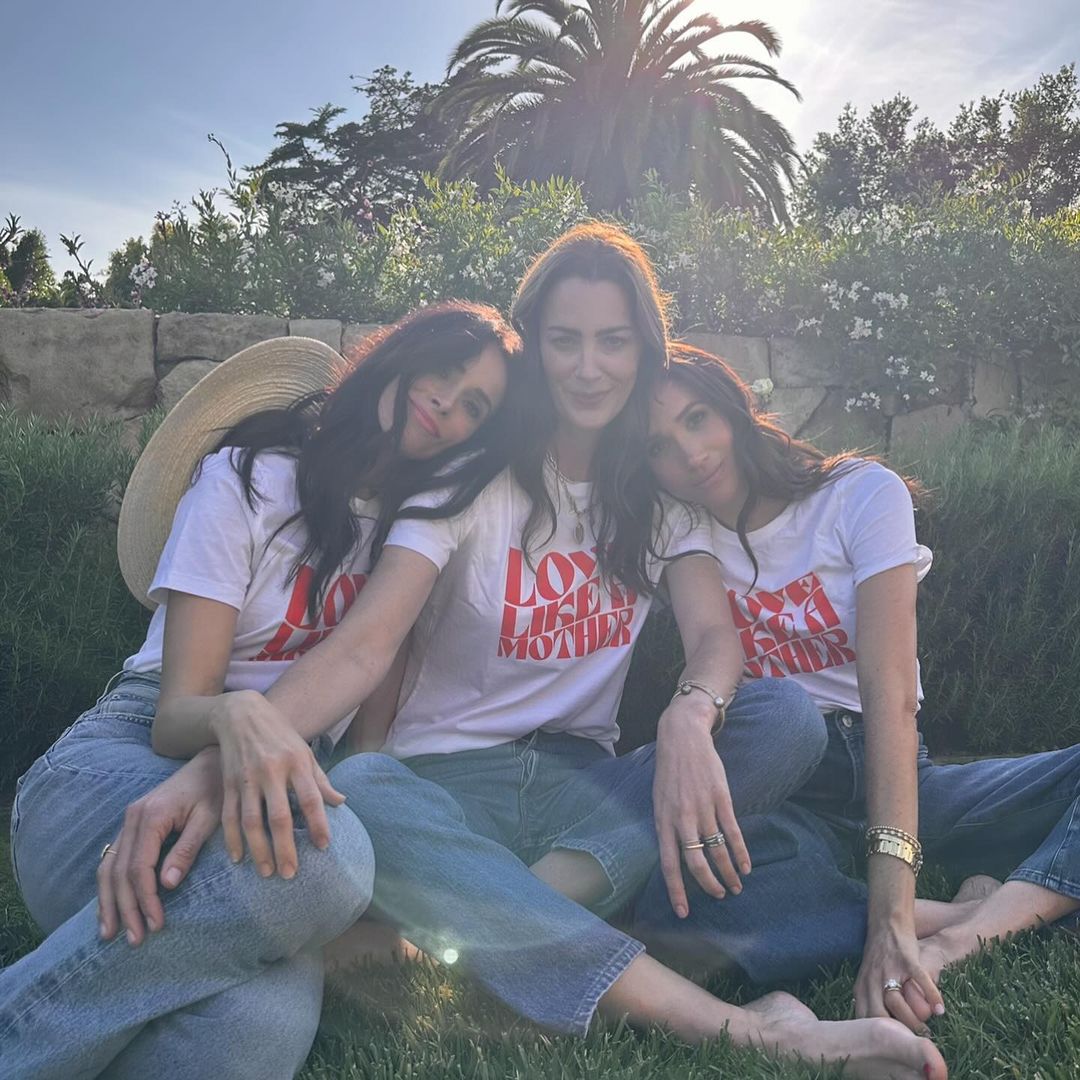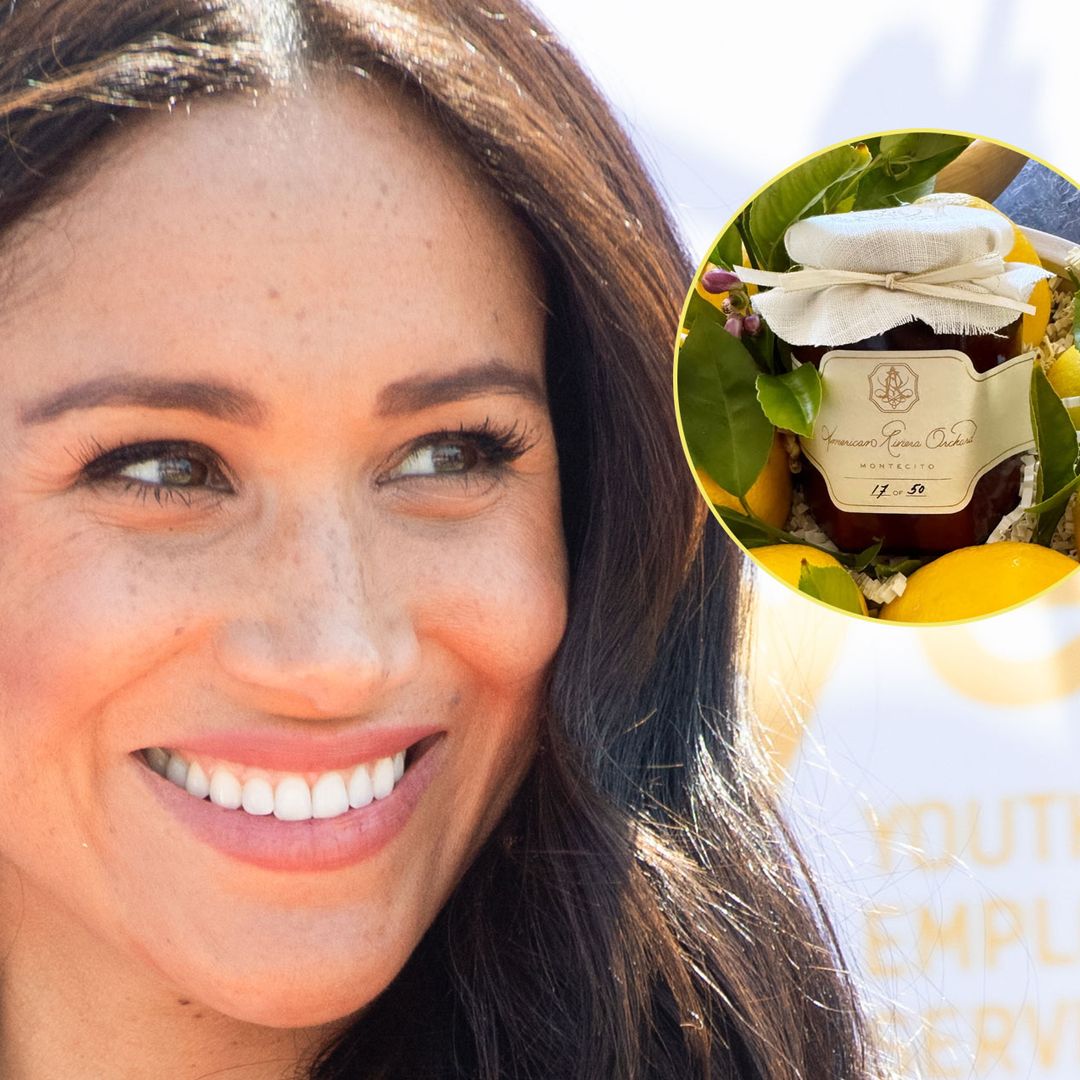In honour of our International Women's Day digital issue, we're taking a look at the royal women around the world who are proud to call themselves feminists, from Meghan Markle to the Countess of Wessex.
Back in spring 2019, when Meghan was presiding over an International Women's Day conference during the last stages of her pregnancy with Archie, she joked that she felt the "embryonic kicking of feminism".
READ: Kate Garraway reveals which female royal she's most inspired by
In her time as a senior royal, the Duchess gave those passionate about equality a real boost, with campaigns to get vulnerable women back into employment, support for sex workers, showing solidarity with girls in South Africa's toughest townships and highlighting period poverty.
With her trailblazing record, it would be easy to forget the other empowered royals, who've shown that women can change the world. Read on to find out for more...
WATCH: Be inspired by Meghan Markle's girl power quotes
The Queen
Who can forget Meghan's impassioned speech about women's suffrage in New Zealand, delivered in front of a portrait of the Queen? It was a reminder that the Duchess was there with the blessing of Harry's grandmother, subtly aligning the monarchy with the values of the 21st century. To maintain her neutrality, the Queen rarely expresses her personal opinions on the issues of the day such as feminism. However, as the only monarch most of us have ever known, she has, through her constancy and dignity, normalised the idea of a woman at the helm.
READ: Alex Scott admits she's a 'proud feminist' but more change is needed to achieve gender equality
The Queen has normalised the idea of a woman at the helm
Certainly, the royal matriarch won over The Crown star Olivia Colman who brought her character to the screen. Olivia said that she'd "fallen in love" with the Queen, hailing her "the ultimate feminist" and "no shrinking violet". "She's the breadwinner. She's the one on our coins and banknotes. Prince Philip has to walk behind her," said Olivia.
The Oscar winner went on to cite the Queen's wartime experience in the Women's Auxiliary Territorial Service. Known as Second Subaltern Elizabeth Windsor, she trained as a mechanic and kept her parents up to date on what she learned. "We had spark plugs all night long at dinner," the Queen Mother joked proudly. Her enthusiasm for cars was evident again when she drove King Abdullah of Saudi Arabia in 1998 at Balmoral. At the time women were not allowed to drive in his kingdom, so imagine the King's surprise when the Queen motioned him to the passenger seat and took the wheel.
Winston Churchill foretold another Golden Age under a second Queen Elizabeth when he pledged his loyalty on the death of her father King George VI. "Famous have been the reigns of our Queens. Some of the greatest periods in our history have unfolded under their sceptre," declared Britain's iconic wartime leader. "I may well feel a thrill in invoking once more the prayer and the anthem, God save the Queen!"
"Diana was intent on transcending expectations and background"
Princess Diana
Until Princess Diana's time, Victorian ideals mandated the limits of a royal consort's behaviour, but she upended all that. Senior editor at The Economist Anne McElvoy, who has followed the work of both the late Princess and Meghan, says that Diana's life was "a triumph of feminine strength in practice". "Like a lot of feminists of different eras and temperaments, Diana was intent on transcending expectations and background, with a good dose of wilfulness thrown in," she says.
Where society expected her to suffer in silence, she talked openly about her bulimia, self-harm and post-natal depression. Where people believed she would concentrate on picking out tiaras and cutting ribbons, she walked quite literally into minefields, shook hands with AIDS patients and touched India's Untouchables. By the end she revelled, in her only TV interview, in being "a strong woman doing her bit".
"If we make greater strides towards parity, then we all stand to win," Sophie once said
The Countess of Wessex
Another strong woman of Diana's generation, the Countess of Wessex, is using her platform to empower women and girls. "We must ensure that the silence that hides pain and suffering is turned into voices of hope," Sophie previously told Commonwealth leaders in a speech, urging them to promote "a feminist peace" which includes women as negotiators, peacekeepers and political leaders in areas of conflict.
A PR professional who ran a successful business before marrying into the royal family, Sophie is also a global ambassador for 100 Women in Finance, an initiative to boost female role models in the industry. "We need everyone, male and female, to support this mission," she said at a conference in New York. "If we make greater strides towards parity, then we all stand to win. There will be bigger slices of a bigger cake for everyone."
The former monarch said she was married only to England
Queen Elizabeth I
Four hundred years ago no Princess would have dared make a call for equality. But Elizabeth I was forced more than once to tackle the question of her fitness, as a woman, to rule. Addressing her troops in 1588 before battle with King Philip II's Spanish Armada, she told them: "I know I have the body of a weak, feeble woman; but I have the heart and stomach of a King."
Nor was she averse to using feminine mystique to keep her courtiers in thrall. A spin doctor before the term existed, she created the myth of the Virgin Queen, married only to England, knowing that matrimony and babies would compromise her independence. "I will have here but one mistress and no master," she told one overzealous suitor.
Even though Elizabeth is regarded as a feminist icon she would never have thought of herself that way, according to playwright Joanna Carrick, who wrote Progress about the Queen's image-making tours. "The idea of women's rights and women being allowed to do all of the things that men can do just wouldn't occur to her and yet as an individual she was that; she lived that ideal. She was brilliant at sport and horse riding, really active, a massive intellect − she was living proof women are absolutely amazing."
Queen Victoria reshaped the monarchy along female lines
Queen Victoria
Nor would our other great Queen, Victoria, have considered herself a feminist. She wasn't thrilled about women becoming doctors or having the vote, privately describing the suffragette movement as a "mad, wicked folly". But Victoria made a direct contribution to empowerment by reshaping the monarchy along female lines. She put the ideas of a loving family, and a real home, at the heart of it, which made it much more relevant to ordinary people. Dr Amanda Foreman, the curator of an exhibition to mark the 200th anniversary of her birth, said that at Buckingham Palace, she transformed the "fabric of the building". And she opened it up to the public.
The grandmother of Europe created the "traditions which we now associate with the modern monarchy", the historian explains. "Whether it's the balcony, or garden party, or bringing people into this palace to celebrate very important national and public occasions. That kind of relationship is very much a female relationship, it's an expression of female power – it's about family, duty, loyalty and public service – not about military might."
Queen Letizia has denounced injustices such as female illiteracy, FGM and child marriage
Queen Letizia of Spain
"Every girl born anywhere in the world should have the possibility to choose what she wants in life because it's wonderful to be a woman ... Or at least it should be." With these words in 2015, the Spanish royal denounced injustices such as female illiteracy, FGM, child marriage, the pay gap and domestic violence.
Clearly a woman of conviction, the former journalist met husband King Felipe while reporting on an oil spill in Galicia and had previously broadcast from Ground Zero and Iraq. She brings a wealth of professional experience to her role as a 21st century Queen, having travelled from Haiti to El Salvador, Honduras and Mozambique to promote her causes.
Letizia's won praise from Dr Maria Neira of the World Health Organisation, who says: "She's a European Queen, a modern Queen who dares to speak clearly. She says: 'We know what happens in the world and much of what happens is entirely unacceptable. And we must take action against it.'"
Queen Maxima of the Netherlands and Queen Rania of Jordan are also examples of empowered royals
Queen Rania of Jordan
In the modern era, the indomitable Queen Rania is a beacon for female power. For the mother of four, empowerment begins at home. When her daughter Princess Salma studied at Sandhurst Military Academy, then became the first Jordanian woman to complete preliminary pilot training on fixed wing aircraft, she couldn't have been prouder. Congratulations also came from Salma's brother, Hussein, and father King Abdullah, who has always supported his Queen's activism.
Rania is keen to promote her family's example to the wider world. She beats the drum for gender equality, tackling thorny issues such as domestic violence, honour killings, child abuse and religious extremism. At the HeforShe summit in 2018, she praised Arab women for their "spirit of steel". She called on men to be allies, urging them "to pull up women weighed down by hurdles you'll never know. Light up the Arab chapter of HeForShe. Because when everyone is for she, we're greater than the sum of our parts".
Queen Maxima of the Netherlands
Maxima, a former investment banker, is passionate about reducing poverty through inclusive finance. Since 2009, she's been a UN Special Advocate, promoting access to bank accounts, insurance, loans and pensions as a way of transforming women's lives.
The eldest of her three daughters, Catharina Amalia, is the heir to the throne, meaning there's yet more girl power to come. Which may be why Maxima responded positively when asked at a conference with Angela Merkel if she was a feminist. "I want all women to have freedom of choice and opportunities that they can grab and be happy and proud of themselves," responded the Dutch Queen. "If that is a feminist, I am a feminist." At which point the German leader then agreed: "Then I am one, too."
Make sure you never miss a ROYAL story! Sign up to our newsletter to get all of our celebrity and royal news delivered directly to your inbox.
